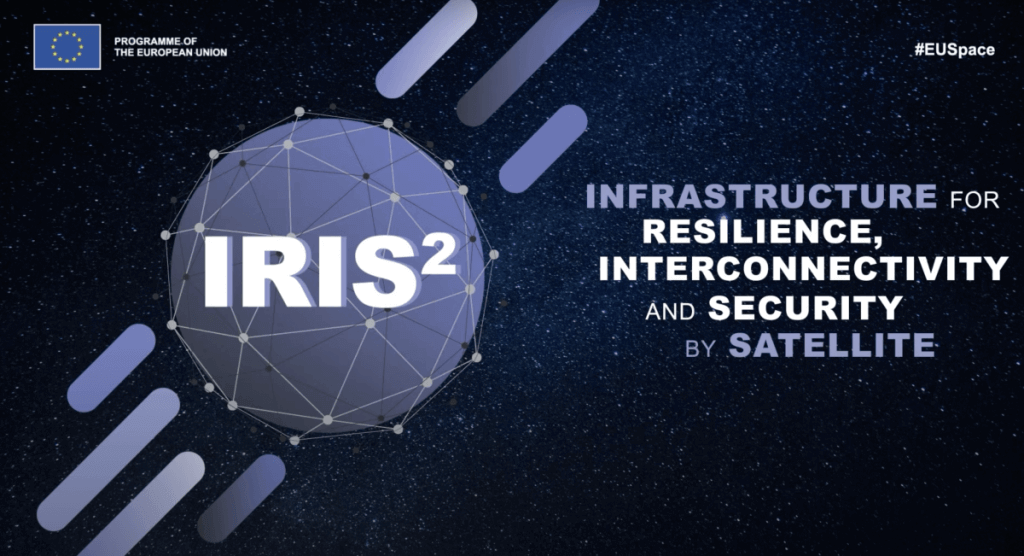The European Union is going to launch its own satellite communications constellation.
The European Parliament adopted the proposal for the Infrastructure for Resilience, Interconnection and Security by Satellites (IRISS) constellation on Feb. 14.
The nearly unanimous decision was backed by 603 votes with just six against. Approval of the project follows the high-profile role of SpaceX’s Starlink communications satellites in aiding the defense of Ukraine, with the Russian invasion highlighting the need for secure, sovereign European capabilities.
Related: 10 weird things about SpaceX’s Starlink internet satellites
IRISS will see the building of multi-orbital connectivity infrastructure, with the launch of up to 170 satellites into low Earth orbit (LEO) between 2025 and 2027 and further assets in medium Earth (MEO) and geostationary orbits.
“IRISS will soon join its counterparts Galileo and Copernicus and compliment [sic] them by providing sovereign, secure, resilient and cost-effective seamless communication services, with initial services by 2024 and full operational capacity by 2027,” read a statement (opens in new tab) from the EU Commission’s Directorate-General for Defence Industry and Space (DEFIS).
The constellation will be focused on government services, including defense applications, and will provide broadband connectivity to the whole of Europe, including current connectivity dead zones, as well as to the whole of Africa.
It will also build on developing European capabilities such as quantum encryption satellites and new disruptive technologies. It will leverage both major European space industry players and also startups.
Thierry Breton, European Commissioner for the Internal Market, said in a statement (opens in new tab) that the vote “marks a historic turning point for the EU’s strategic autonomy, digital sovereignty and competitiveness.
“The Russian military aggression against Ukraine has demonstrated how crucial space-based sovereign and secure communication services are in case of conflict,” Breton added. “It also represents a game changer for EU citizens thanks to the development of high-speed broadband removing communication dead zones and strengthening [the] EU’s cohesion policy.”
The European Parliament has allocated 2.4 billion euros ($2.53 billion) to the project. The European Space Agency and the private sector will also contribute.
Follow us on Twitter @Spacedotcom (opens in new tab) or Facebook (opens in new tab).

